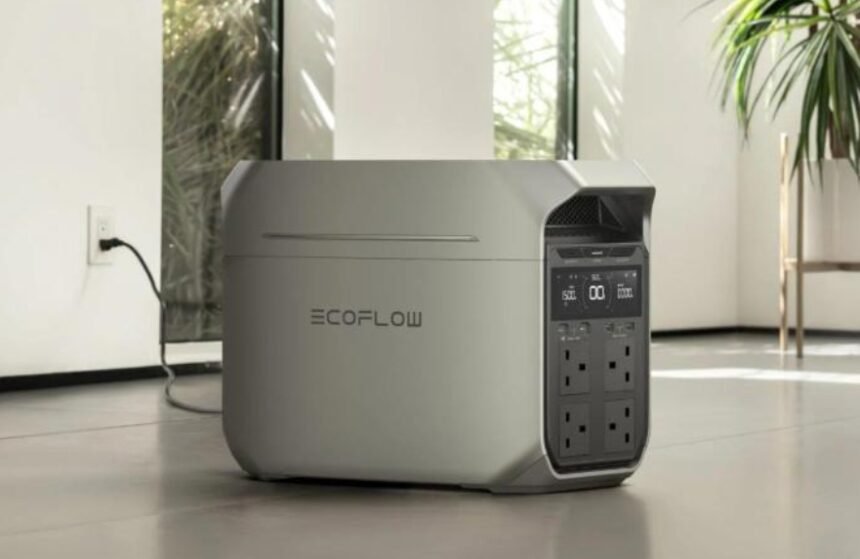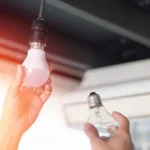Powering your home with solar energy is an empowering step towards energy independence, but the question of how long the supporting battery will last is crucial for making a sound investment. The lifespan of a solar battery is not a single number but a combination of factors, including how it is used, the technology inside, and how well it is maintained. Understanding these elements helps you set realistic expectations and get the most value from your system, ensuring it supports your daily life for years to come. In this article, we will break down the key metrics of battery lifespan, explore the factors that determine its duration, and provide actionable tips to help you maximize the life of your solar battery.
The Two Key Metrics
Understanding Battery Cycles: The True Measure of Lifespan
A battery cycle is best understood as one complete discharge followed by a full recharge, though this can also accumulate over multiple partial discharges that add up to 100% of the battery’s capacity. Manufacturers typically rate their batteries for a certain number of cycles, which is a more accurate indicator of potential lifespan than simply counting years because it reflects actual usage. For example, a battery rated for 6,000 cycles could theoretically last for over 16 years if cycled once per day, providing a long-term foundation for your home’s energy needs. This cycle life rating is always tied to a specific end-of-life capacity, often 60% or 70%, meaning after completing those cycles, the battery will still hold a significant amount of its original charge.
Decoding the Warranty: Years vs. Guaranteed Capacity
When you look at a solar battery warranty, you will typically see two numbers: a period in years and a guaranteed number of cycles or a minimum remaining capacity. This warranty is the manufacturer’s promise that the battery will perform above a certain threshold for that duration, offering you peace of mind and protecting your investment. It is essential to read the fine print to see which number provides the better guarantee, as some warranties expire after a certain number of years regardless of cycles, while others expire after a certain cycle count is reached. The most informative warranties will guarantee that the battery retains a specific percentage of its original capacity, such as 70%, by the end of the warranty period.

Key Factors That Determine Your Solar Battery’s Lifespan
Battery Chemistry: Lithium-ion vs. Lead-Acid
The type of chemistry inside your battery is the most fundamental factor determining its lifespan, performance, and maintenance needs. Modern lithium-ion batteries, which are common in home energy storage, generally offer a significantly longer cycle life and a greater depth of discharge compared to traditional lead-acid batteries. This means a lithium-ion battery can be used more extensively each day without suffering the same level of degradation, making it a more durable and hassle-free choice for daily solar energy cycling. It is worth noting that specific types of lithium-ion chemistry, such as the LiFePO4 systems used in certain models, are renowned for their exceptional cycle life and enhanced safety characteristics. While lead-acid batteries may have a lower upfront cost, their shorter operational lifespan often makes lithium-ion technology a more cost-effective solution over the long term for powering a modern home.
How Depth of Discharge and Usage Patterns Affect Longevity
Depth of Discharge (DoD) refers to the percentage of the battery’s capacity that has been used; for instance, using 8 kWh from a 10 kWh battery means an 80% DoD. Most batteries have a recommended maximum DoD, and consistently draining a battery beyond this point can significantly accelerate the wear and tear on its internal components, shortening its overall life. Using your battery in a moderate range, such as between 20% and 80% state of charge, is much less stressful than repeatedly fully charging and fully draining it, which helps to preserve its health over thousands of cycles. Your daily usage pattern, including how often the battery cycles and the rate at which you charge or discharge it, collectively influences the rate of capacity degradation over time.
How to Maximize Your Solar Battery’s Lifespan
You can extend your solar battery’s life through smart installation and daily habits. Place it in a cool, dry, well-ventilated space, as heat accelerates chemical degradation. Work with your installer to set a conservative maximum depth of discharge and avoid routinely charging to 100% unless needed for backup. If possible, use partial charge cycles instead of full ones to reduce stress on the cells. Keeping the battery’s firmware updated also ensures it benefits from the latest efficiency and management optimizations.
Conclusion
A solar battery is a significant investment, and understanding its lifespan helps you see it as a long-term asset for your home’s energy resilience. Focus on cycle life and warranty terms to compare products and choose one that fits your long-term goals. Selecting a high-quality battery also reduces potential problems. For example, EcoFlow solar batteries have earned positive reviews for reliability and longevity, especially those using advanced LiFePO4 systems. By choosing a quality product and following these guidelines, you can confidently power your home, knowing your battery is built to last and provide value for years.









